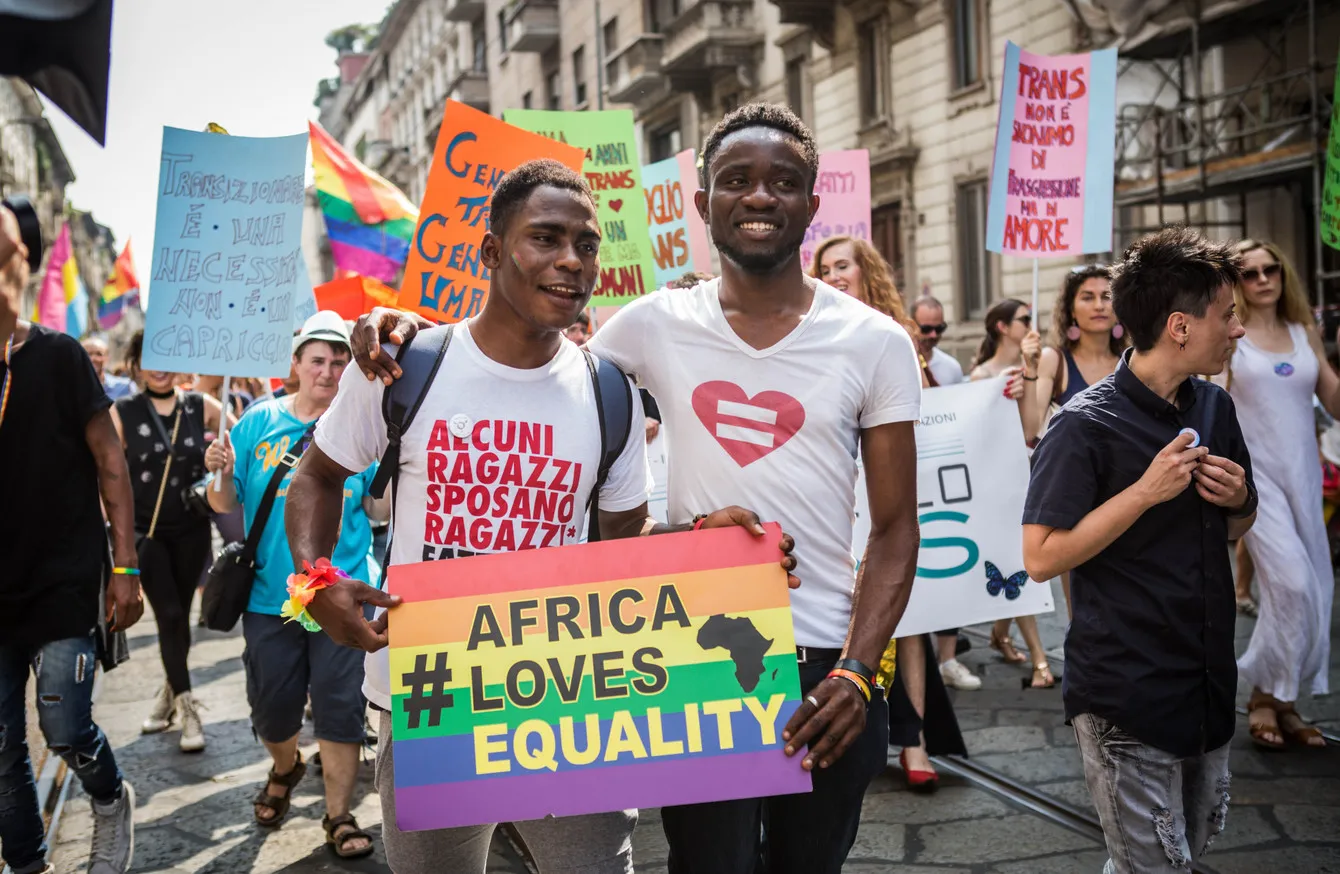FROM RAINBOW TO DARK GRAY
In 2015, Patrick Chigozie, a Nigerian- trained microbiologist and son of a politician, was brutally ambushed by five men in his hometown, Abakaliki, Ebonyi state, in South-Eastern Nigeria. They accused him of being gay and spreading gay agenda in his neighborhood. They took his phone, forced him to unlock it, and found further proof of his sexuality. His anus was poked with sticks in mock penetration and photos of him were taken to memorialize the triumph in his moment of humiliation. The pain was gut-wrenching and crippling for Patrick as every poke and punch felt like his skin was being nailed to a wall.
Africa’s most populous country is in the throes of full-blown existential panic for the LGBTQ+ community. The country’s politicians, self-anointed defenders of traditional culture, clergy men and women, believe that the gay community is a long-dreaded Zombie apocalypse that is upon them, bringing swarms of voracious homosexuals yearning for their children’s vulnerable minds. Over the past decade, there has been a steep rise in anti-LGBTQ activity organized by major politicians and religious leaders in Nigeria prompting outrage from health and human right groups and fear that this will result in violence.
Homophobia, like xenophobia and racism exists to varying degrees in all countries. Every day, in every society, individuals are violently assaulted, persecuted, vilified, and even killed, as a result of their sexual orientation and gender identity. In Nigeria, a differing opinion is given by any social class but when it comes to views on queerness in the country, the elite take precedence. Nigeria, like many other countries, displays a bias against non-heterosexual relationships as a result of its colonial legacy. This, in turn, has been gulped down and thrown out by the major political and religious institutions in the country.
In 2014, Nigeria passed a law against same-sex marriage and since then, homosexuality is punishable by 10 to 14 years’ imprisonment. In the northern parts of the country where sharia law is practiced, a penalty of death by stoning is imposed on anyone caught in the act of homosexuality or same-sex marriage. This has sparked years of hysterical breast-beating across the country, with the LGBTQ+ community being fearful that it could create fresh wounds and precipitate the end of civilization.
Although this law is rarely enforced, it has legitimized widespread violence and intimidation against the queer community making the environment toxic for these people. They become easy targets for authoritarian and exploitative state security systems and are also vulnerable to public “moral police” who aim at making gay behavior inconspicuous and hidden.
Homophobia is the only issue in which the nation with enduring ethnic loyalty, religious conflict, and a broken political system can agree on. These are marked by gruesome attacks in the form of lynching or pillory with tires before being set on fire and burnt alive not for committing any crime, but for just being gay. These are even milder examples of violence against lower and middle- class Nigerians who are perceived to be lesbian, transgender or gay. In more tragic cases, the young men and women are being killed by their family and acquaintances for their perceived or real sexual orientation.
Many of these harsh realities punctuate the lives of LGBTQ+ Nigerians. For some, the only option to escape the threat of harm is often through relocation. Forced relocation, however, is no joke. This has resulted in a growing community of internally displaced young men and women who, with little or even no resources, have to flee from their original communities where they are being assaulted or threatened to be killed for their sexuality.
Even though the Nigerian constitution clearly permits its citizens to move freely within the country and reside in any part of the country without prejudice, what happens when the people saddled with the responsibility of protecting these rights make the societies unsafe?
For instance, four years ago, Dolapo Badmus, a zonal Public Relations Officer for the Nigerian police posted on her social media handle that gays who are based in Nigeria should leave the country or face persecution. This was sad at best and terrifying at worst. It was the kind of discourse that motivated and legitimized the kind of violent deeds that displaced fellow citizens and turned them into refugees. The supportive comments she got under that post showed that for a country like Nigeria, such a statement can fuel mob action. It provided the justification for the notion that sexual minorities are somehow more abhorrent to the community than violence against them.
Security forces within the country have been seen to raid and shut down the offices of LGBTQ+ rights groups. They even go as far as submitting the names of individuals who advocate for their rights to the Nigerian parliament as well as those who offer medical and social support to them. Homophobia can really be draining for gay, bisexual, transgender and queer people living in Nigeria. They end up with poor mental health and poor coping skills, such as suicide attempts, substance abuse and risky sexual behaviors. It is much harder for them to open up about their sexual orientation which increases stress and negatively affects their health.
In Nigeria, there is a culture of violence. This is a culture that is harmful to our overall health as a society, and it should concern every rational person. There are already enough problems that kill Nigerians on a daily basis; we don’t need to add to them. Homophobia is immoral, and eliminating it would vastly enhance the state of humanity, as acceptance is critical in envisioning a greater future in which we can be who we are and love who we want without fear of repercussions or hatred. A society where violence is justified can never be one where everybody is safe. To advance in establishing a hate-free society where individuals of all sexualities and genders may feel a part of, a wide range of issues, no matter how small, must be identified and addressed.


